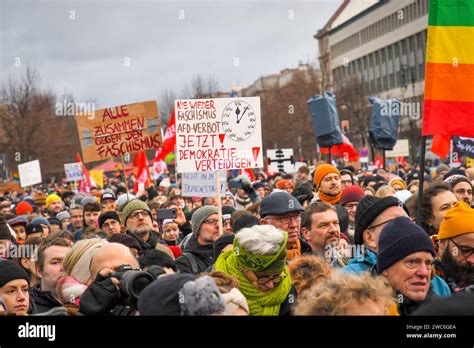- Hans Weber
- February 6, 2026
Germany before a leftist Coup d’Etat – The End of Democratic Balance? How a Strategic Ban on the AfD Could Reshape German Politics
Introduction
Germany stands at a political crossroads. While mainstream parties continue to lose public trust, the Alternative for Germany (AfD) has grown into a major opposition force, drawing millions of voters disillusioned with the status quo. In this context, recent efforts by the SPD, Greens, and the Left Party to push for a judicial strategy aimed at banning the AfD raise serious concerns about democratic principles and the balance of power. The appointment of two overtly ideological judges to the Federal Constitutional Court signals a dangerous path toward criminalizing opposition instead of confronting it in open debate.
The Alleged Coup Through the Courts
While not a coup in the traditional military sense, the orchestration of judicial appointments with the apparent goal of legally disqualifying the AfD from political participation could be seen as an institutional power grab. The SPD, in particular, has already voted internally to seek a party ban against the AfD. The Greens and the Left, known for their activist judiciary agenda, appear to be using their influence in the Bundestag to push ideologically aligned figures into key judicial roles. The CDU’s passive acceptance of these developments – perhaps in the hope of eliminating a political competitor – represents a strategic error that may irreversibly alienate its conservative base.
The Hypothetical Ban on the AfD
Should the Federal Constitutional Court follow through with a party ban, the consequences for German democracy would be seismic. With 151 Bundestag seats held by the AfD, their removal would immediately hand an absolute majority to the SPD, Greens, and the Left. This outcome, engineered not by voters but by judicial maneuvering, would mark a dangerous precedent. A constructive vote of no confidence could remove Chancellor Merz and install Lars Klingbeil as chancellor without an election. Millions of AfD voters would be effectively disenfranchised in one stroke.
A New Political Order: What Would It Look Like?
With the AfD banned and conservative voices weakened, the remaining coalition could implement a radical agenda. Key elements would likely include aggressive climate redistribution policies (‘climate socialism’), further expansion of the welfare state, and uncontrolled immigration policies in the name of ‘diversity’. National sovereignty, economic freedom, and free speech would be under growing threat. The ideological dominance of left-liberal values would go unchallenged, reshaping Germany into a post-democratic, technocratic state.
The Role of the CDU and the Future of the Opposition
The CDU’s failure to resist this transformation has already begun to alienate many of its traditional voters. Without a credible conservative stance, the party risks irrelevance. New political movements may rise from the ashes – as seen in Italy, France, and the Netherlands – where patriotic forces have reclaimed the national discourse. In Germany, the next political awakening might not happen in parliaments, but on the streets and in alternative networks of civil society.
Conclusion: The Danger of Winning by Banning
A democracy that fears the vote of its people is no longer a democracy. If mainstream parties cannot win the argument, banning opponents is not the solution – it is a confession of failure. The banning of the AfD would not eliminate their voters, nor their values. It would push dissent underground and deepen social division. Germany deserves a free and open political debate, not a one-party consensus imposed from the courtroom.
Recent posts
See AllPrague Forum Membership
Join us
Be part of building bridges and channels to engage all the international key voices and decision makers living in the Czech Republic.
Become a member
